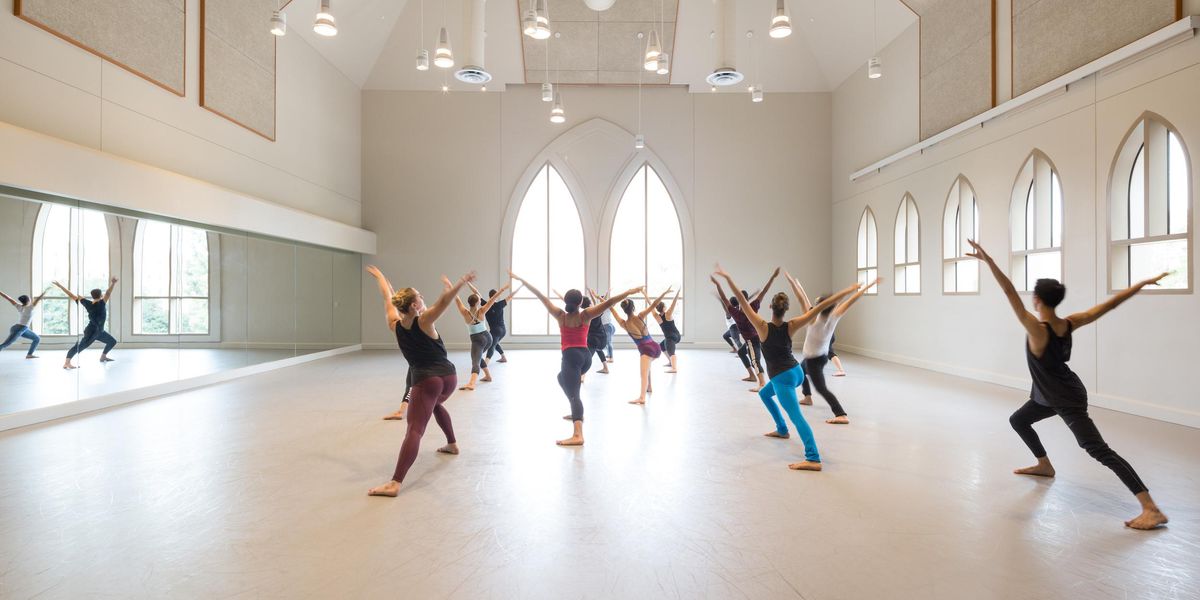Will the Bolshoi Drama Never End?
Sergei Filin’s return to the Bolshoi after the acid attack. Photo by Yuri Kochetkov/EPA.
Sergei Filin, the artistic director of the Bolshoi Ballet since 2011, has had a rough few years. In 2013, he suffered an acid attack organized by a dancer who was unhappy with his casting decisions, and he continues to struggle with his loss of vision. He is rumored to have a rivalry with Bolshoi Theatre chief Vladamir Urin, and has endured endless criticism for moving the company slightly away from its classical roots. Yesterday, the Bolshoi announced that his contract will not be renewed — his run as artistic director will end in the spring.
To anyone who has followed Filin’s time at the Bolshoi, this announcement is not terribly surprising. He has been a polarizing director, praised by some for his decisions to bring in contemporary ballets, and disliked by many (including some of his dancers) for the very same reason. What is surprising, however, is Urin’s announcement that in addition to letting Filin’s time at the Bolshoi come to a close, the company will be eliminating his position altogether.
How on earth does a ballet company function without an artistic director? The Bolshoi’s artistic director role will be replaced by a director role, which will have a more administrative focus and will share artistic decisions with the Theatre chief. Does this disbursement of artistic power stem from fear of the repertory changes that Filin began to enact with his total artistic control? Or perhaps Urin’s desire to consolidate artistic decision-making into his own role? Either way, the lack of a singular artistic vision has the potential to either help the Bolshoi find the balance of old and new it needs to thrive or to send it further into controversy and instability.
The new director will be announced in September, though Urin reportedly has a man in mind. (His use of male pronouns when talking about Filin’s successor enforces the company’s unpleasant but not unusual legacy of almost exclusively being led by men — and completely exclusively performing the work of men.) If you ask me, this is just one of reasons why the Bolshoi needs to make serious changes to stay relevant. We will soon see whether Filin’s removal is the right kind of change.




